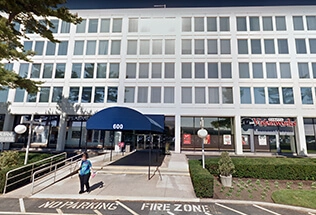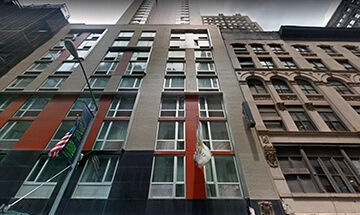
Workers’ compensation benefits are designed to compensate injured workers while they are away from their job. They receive compensation for lost wages as well as medical costs directly related to their injury. Most individuals who get on workers’ compensation eventually return to work and no longer require benefits, but you may be wondering what happens if you return to work part-time, instead of your usual full-time hours.
Wage Loss Benefits and Part-Time Work
In general, workers’ compensation programs in the state are designed to compensate an employee that has been injured and has not been able to return to work. You will receive a difference between your wages before the injury and, if you return part-time, you may still be able to collect workers’ compensation insurance payments, though certain things must be taken into consideration.
For example, if you return to work in a position or job that pays you more than your wages before the injury, you will no longer receive wage loss benefits. On the other hand, if you return to work part-time, your workers’ compensation benefits will be reduced to make up the difference of your part-time wages versus what you would have made if you returned to work full-time.
Facts About Returning to Work
For injured workers, the prospect of returning to work can be scary. You may feel as though you are going back too early, risking further injuries – but, at the same time, you do not want to be on workers’ compensation any longer. A few things you should know about returning to work:
- Returning to work can increase your income and benefits; therefore, you do not want to stay on workers’ compensation forever. After all, the state limits a percentage of your actual wages that you receive in compensation – and you will always receive more when you are actually working.
- If your pay rate ends up lower than your pre-injury pay rate due to your work-related injury, you can still collect decreased workers’ compensation benefits to make up for that difference.
- You can still receive reimbursement for the medical treatments for your work-related injury. Therefore, even if you returned to work full-time, you would not sacrifice medical treatment payments for doing such.
- The law does not require your employer to hold your position indefinitely for you, though they are required under FMLA to hold your job for a minimum of 12 weeks, and many employers will hold positions even longer. As long as you stay in touch with your employer, your position should be secure.
- An employer cannot fire you for filing a workers’ compensation claim. If you feel you have been terminated for doing such, contact an attorney as well as the nearest Workers’ Compensation Board office to discuss your claim.
- Even if you return to work, if you realize you can no longer perform your duties due to the work-related injury, you can reopen your case and collect workers’ compensation once again.
Speak with an Attorney Regarding Your Workers’ Compensation Claim
If you have suffered from a work-related injury, contact the attorneys at Schwartzapfel® Lawyers P.C. today. We can assist you with your workers’ compensation claim and ensure you get the benefits you deserve. Call us for a free consultation at 1-516-342-2200 or fill out an online contact form with your questions.















